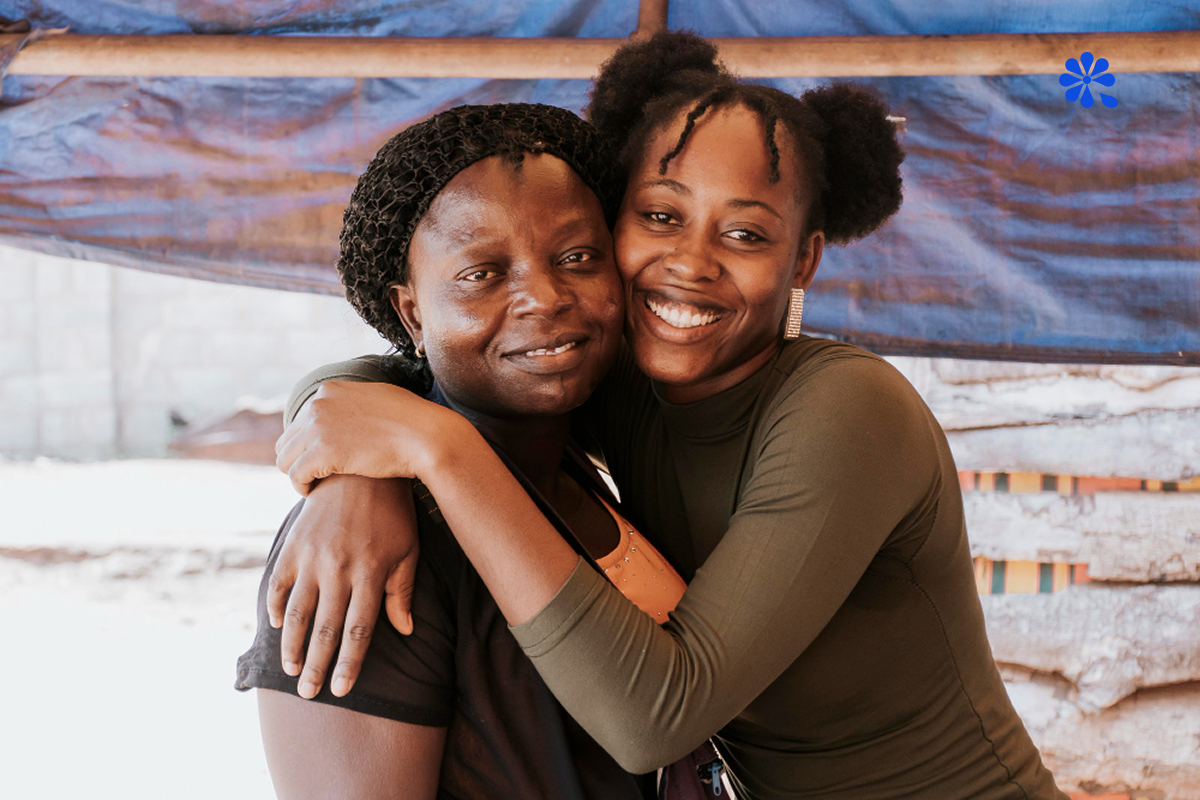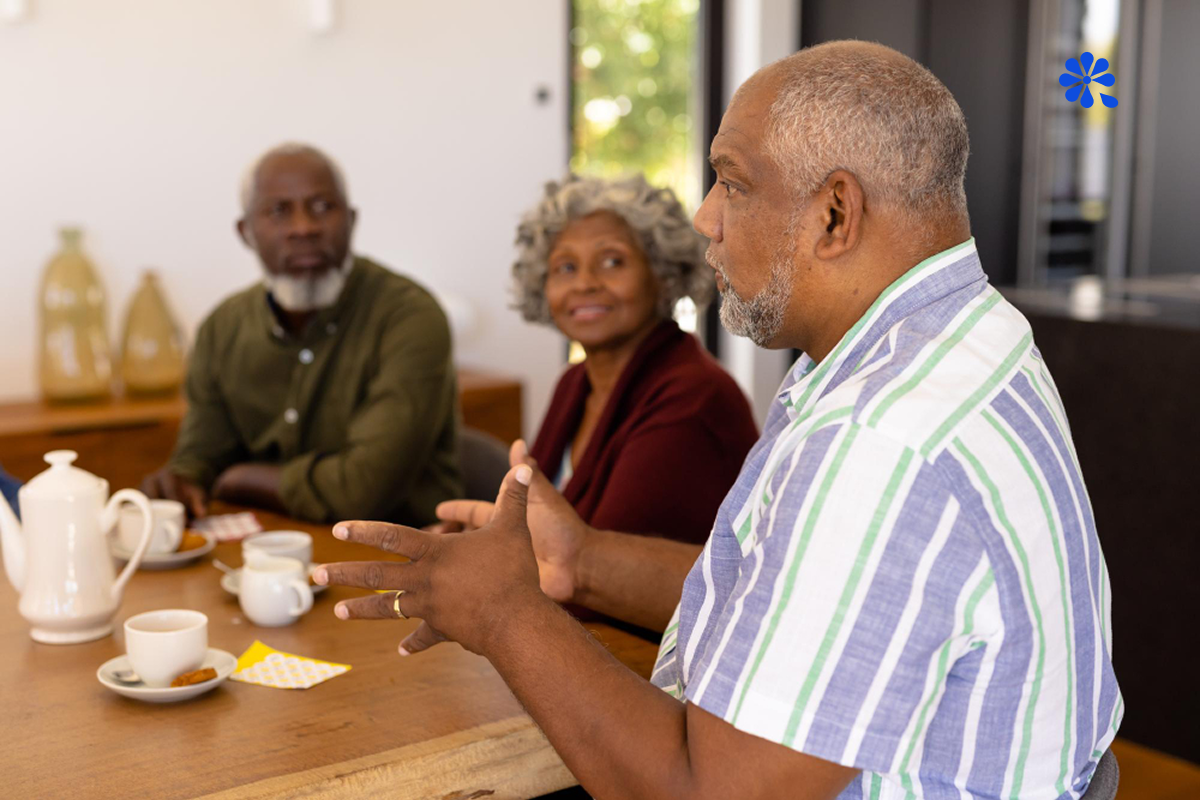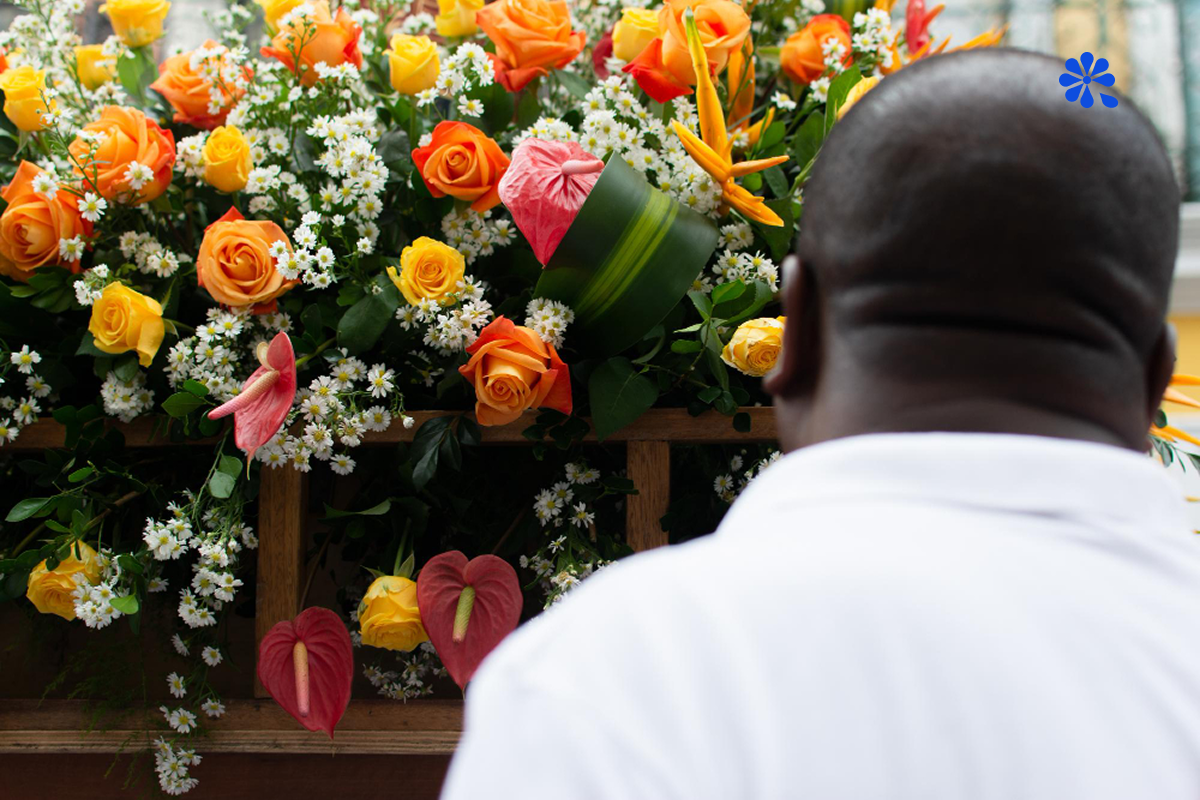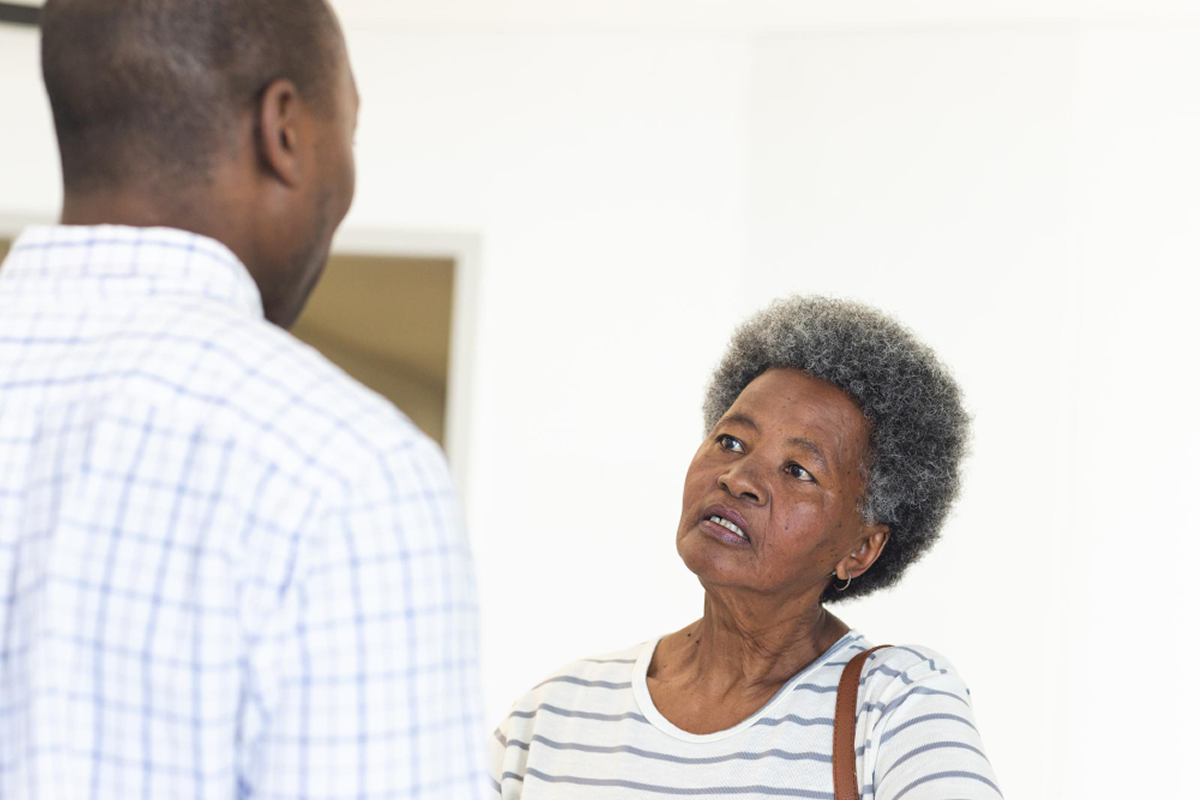When a loved one dies, most families in Kenya are thrown into a whirlwind of grief, cultural obligations, and practical decisions. Suddenly, relatives are asking: Where do we take the body? How do we get a casket? Who organizes the service? The pressure is heavy, especially when time is short.
This is where funeral homes come in. For many, the term “funeral home” sounds foreign or unnecessary, yet these providers are quietly central to how most Kenyan funerals are carried out today. They handle services that families often cannot manage on their own, easing the burden at a time when hearts and minds are already stretched thin.
If you’ve never worked with one before, this beginner’s guide explains what funeral homes actually offer, why their role matters, and how understanding them can help your family plan with less stress.
At a Glance 🕊️
- ·
Funeral homes provide a central hub for body care, funeral planning, and related services.
- ·
They handle sensitive, logistical tasks most families cannot manage on their own.
- ·
Services range from mortuary care to transport, caskets, documentation, and burial support.
- ·
Knowing what to expect reduces stress, confusion, and last-minute surprises.
Why Funeral Homes Matter in Kenya Today
In traditional Kenya, communities often managed funerals entirely within the family or clan. But urbanization, migration, and modern healthcare systems have changed the picture. Today, many deaths occur in hospitals or cities where families cannot simply “handle everything at home.”
Funeral homes have stepped into this gap. They provide professional, organized support that keeps funerals moving smoothly — especially in Nairobi, Mombasa, Kisumu, and other towns where space, time, and resources are limited. For families, they offer both dignity and practicality, ensuring nothing vital is overlooked in the midst of mourning.
What Funeral Homes Typically Provide
1. Mortuary and Embalming Services
At the heart of funeral homes is the care of the deceased.
- ·
Body storage: Proper facilities to preserve the body until burial.
- ·
Embalming and preparation: Ensuring the body is presentable for viewing or transport.
- ·
Respectful handling: Professionals trained to manage delicate, emotional tasks.
Entrusting this step to a funeral home allows families to focus on other aspects of planning.
2. Casket and Coffin Sales
Most funeral homes in Kenya supply caskets or have partnerships with coffin makers.
- ·
Wide selection: From simple wood to ornate, high-end caskets.
- ·
Convenience: Choosing everything in one place avoids extra trips.
- ·
Flexibility: Options to suit different family budgets.
💡 Withpema can help families compare costs and organize decisions so they don’t overspend under emotional pressure.
3. Transport Services
Funeral homes often provide or coordinate vehicles for the journey to burial.
- ·
Hearse services: Proper vehicles designed to carry caskets safely.
- ·
Family vans/buses: Transport for relatives or mourners to rural burial sites.
- ·
Long-distance capacity: Especially critical when traveling from city hospitals to upcountry homes.
Reliable transport keeps the day’s program orderly and respectful.
4. Documentation and Paperwork
Death often comes with administrative tasks that can overwhelm families.
- ·
Death certificates: Guidance on applying and collecting the official documents.
- ·
Permits: Securing burial or transport permits when needed.
- ·
Hospital releases: Coordinating with medical facilities to release the body.
Funeral homes help families avoid unnecessary delays or government penalties.
5. Funeral Planning and Coordination
Beyond logistics, many funeral homes offer coordination services.
- ·
Scheduling services: Helping plan vigils, church programs, and burial timelines.
- ·
Vendor connections: Linking families with florists, caterers, or tent suppliers.
- ·
Guidance: Advising on cultural and practical considerations.
For families unfamiliar with the process, this guidance is invaluable.
6. Chapel and Venue Services
Some funeral homes include on-site chapels or halls for small services.
- ·
Viewing rooms: Private spaces for families to gather and pay respects.
- ·
Memorial halls: Venues for wakes, prayers, or short services before burial.
- ·
Accessibility: Especially useful for families without access to large homes or church spaces.
These spaces provide a dignified alternative when home hosting isn’t possible.
7. Post-Burial Support Options
A few funeral homes extend services beyond the burial day.
- ·
Headstone or grave finishing: Assistance with masonry or memorials.
- ·
Anniversary services: Support for later remembrance events.
- ·
Grief support referrals: Directing families to counselors or community groups.
Though often overlooked, these services can make the long road of grief less isolating.
Withpema Insight 🌼
Funeral homes provide the structure and logistics that grieving families struggle to carry alone. But even with their help, communication often falls through the cracks — distant relatives miss updates, responsibilities get confused, or costs aren’t tracked clearly. A Withpema memorial page works alongside funeral home services, offering a single place where updates, contributions, and tributes flow naturally. It makes the whole process easier to manage, without replacing the critical role of funeral homes.
Parting Thought: Help Is Not a Weakness
Many families feel they should “handle everything” when death comes, as if outsourcing tasks makes the farewell less honourable. The truth is, allowing professionals to carry some of the load does not diminish love — it strengthens it by giving families space to grieve and remember.
If your family faces this journey, don’t hesitate to lean on the expertise of funeral homes and on community tools like Withpema. Together, they create a path that is lighter, dignified, and deeply human.






















